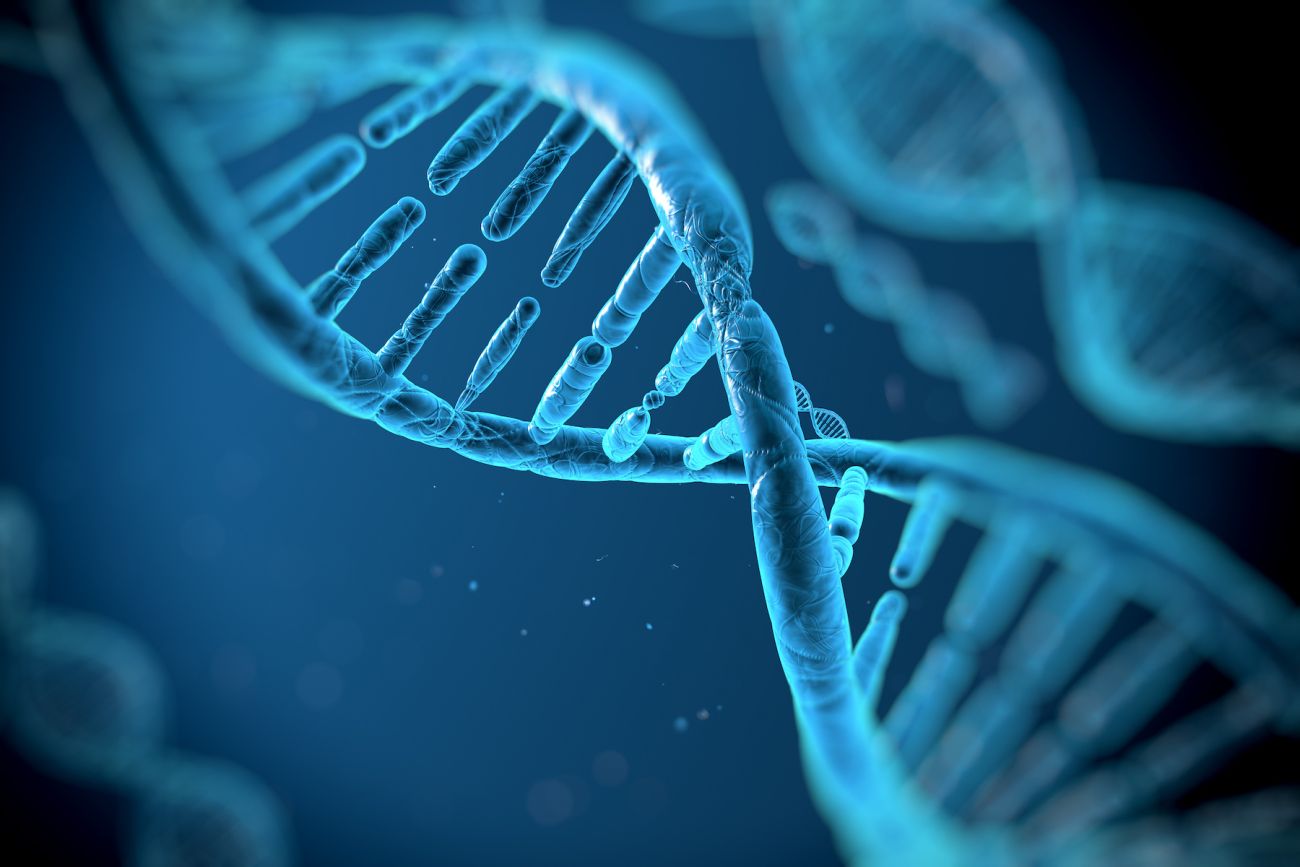A primary area of research in the McLean Laboratory is understanding the impact of DNA damage on the induction of immune responses. This work is funded through an R01 grant from the National Cancer Institute.
Ovarian cancers are characterized by defective DNA damage repair. Increased DNA damage and alterations in the repair machinery effectively result in the development of new mutations in the DNA that can be identified by the immune system as “foreign.”
The inhibition of DNA damage pathways has the potential to sensitize tumor cells to immunotherapy approaches. Our team is working to understand how we can use medicines to block the non-homologous end joining (NHEJ) pathway of DNA damage repair in combination with immunotherapy.
Dr. McLean’s NCI R01 Grant
Sensitizing High-Grade Serous Cancers to Immunotherapy through the Induction of DNA Damage
- Aim 1: To test the hypothesis that the inhibition of NHEJ results in robust IFN-I signaling.
- Aim 2: To characterize the mechanism by which the inhibition of NHEJ induces immune cell activation.
- Aim 3: To test the hypothesis that NHEJ inhibition sensitizes cold HGSC to immune checkpoint blockade.
Read the research
- Hacker KE, Bolland DE, Tan L, Saha AK, Niknafs YS, Markovitz DM, McLean K. The DEK Oncoprotein Functions in Ovarian Cancer Growth and Survival. Neoplasia. 2018 Dec;20(12):1209-1218. doi: 10.1016/j.neo.2018.10.005. Epub 2018 Nov 6. PMID: 30412857; PMCID: PMC6226625.
- Nakatsuka E, Tan L, Cunneen B, Foster C, Lei YL, McLean K. Characterization of DNA damage repair pathway utilization in high-grade serous ovarian cancers yields rational therapeutic approaches. Transl Oncol. 2024 Dec;50:102119. doi: 10.1016/j.tranon.2024.102119. Epub 2024 Sep 12. PMID: 39270525; PMCID: PMC11416511.
Contact the McLean Laboratory
Department of Gynecology
Department of Pharmacology & Therapeutics
Roswell Park Comprehensive Cancer Center
Elm and Carlton Streets
Buffalo, NY 14263
